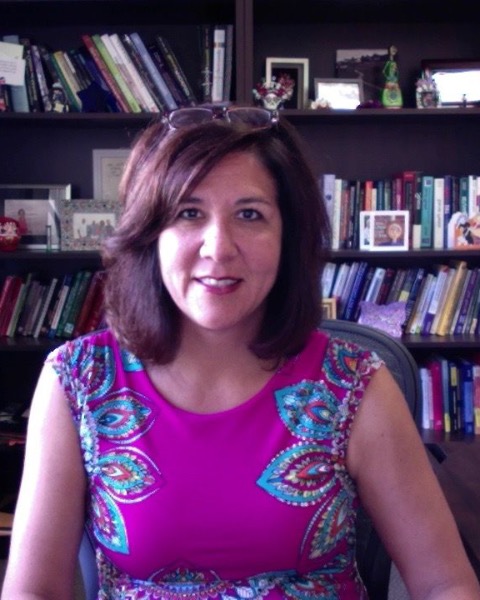Symposia
Technology
4 - (SYM 119) Can You Culturally Adapt an Already Developed App? Post-hoc Strategies and Implementation Outcomes in the Mind-us Program
- GR
Giovanni Ramos, Ph.D. (he/him/his)
Graduate Student
University of California, Irvine
Los Angeles, California - AM
Amanda Montoya, Ph.D.
Assistant Professor
UCLA
Los Angeles, California - AA
Adrian Aguilera, Ph.D.
Associate Professor
University of California, Berkeley
Berkeley, California - AL
Anna Lau, PhD
Professor
UCLA
Los Angeles, California - CW
Chu Yin Wen, B.A.
UX Researcher
UCLA
Los Angeles, California 
Denise Chavira, Ph.D.
Professor
University of California Los Angeles
Los Angeles, California
Speaker(s)
Co-author(s)
Background: Digital mental health interventions (DMHIs) can improve access to mental health services among people of color (POC) by addressing traditional barriers to care, such as limited access to mental health providers, financial and transportation burden, and stigma. However, DMHIs often face poor uptake, limited treatment engagement, and high attrition. In the case of DMHIs for POC, most programs are not designed or tested considering the culture or unique needs of these groups. Although culturally adapting DMHIs from their inception may be especially beneficial, few researchers and clinicians are in a position to design their own interventions. Thus, engagement strategies that can be applied to non-culturally adapted DMHIs are likely to have a broader implementation impact. This study describes such types of “post-hoc” adaptations and their implementation results in a self-guided, app-based DMHI for POC, the Mind-Us program.
Methods: Participants (n = 80, Mage = 27.28, 39% Latinx, 37% Asian, 12% Black, 10% Multiracial, 2% Native American) were encouraged to use the commercially available 10% Happier app daily for approximately 10 minutes for four weeks as part of a larger randomized controlled trial. Before beginning to use the app, participants underwent a 30-minute onboarding procedure where they were assisted in downloading the app, setting practice reminders, problem-solving potential barriers to engagement, and discussing perceived cultural mismatches. App users also received daily text messages that encouraged reflection about their practice and provided psychoeducation about the intervention. We calculated descriptive statistics to examine uptake, assessment completion, treatment adherence, attrition, and treatment satisfaction in the Mind-Us program.
Results: All participants downloaded the app, 95.2% of all assessments were completed, and only 7% of participants dropped out of this trial. On average, participants used the app for 17 days, completed 24 sessions, meditated for 225 minutes without a sharp decrease in app usage over time, and reported good treatment satisfaction.
Conclusion: In contrast to previous DMHI trials, the Mind-Us program had outstanding implementation results, which suggests this “post-hoc” cultural adaption approach can effectively promote treatment engagement among POC receiving DMHIs. Future studies are needed to determine the unique effects of each adaptation strategy and identify the most cost-effective approaches.

